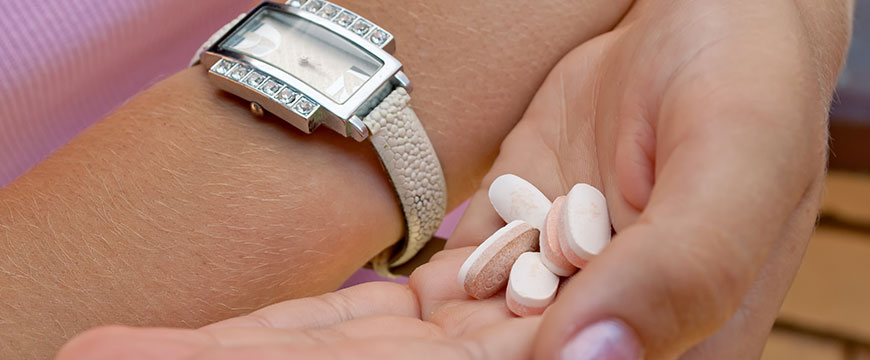
Aging comes with a lot of complications such as memory gap, blurry vision, wrinkly skin, and a weakened immune system. Elderly people also experience all sorts of body pain that limit their movements. Due to old age, elderly people are also highly prone to catching diseases including allergies. In such cases, our elderly friends should be advised to visit an allergy physician to help them manage their condition.
All about IAD
Apart from physical and mental deterioration, elderly people also experience the inability to control their bladder and their stool. This condition is called incontinence. When this happens, the genital and anal area (sometimes also in the thighs and abdominal area) becomes inflamed and itchy and results in rashes. This condition is called Incontinence-Associated Dermatitis or IAD.
IAD, also called perineal dermatitis, moisture lesions, or irritant dermatitis, occurs as a result of incontinence. It usually results in itchy and red rashes, which is also similar to diaper rash among babies. It can also be considered a form of allergy, so it is a good idea to visit an allergy specialist to help treat this condition.
People who experience fecal incontinence may experience worse symptoms of IAD. For one thing, it is because feces is more irritating than urine when it comes to contact to the skin. The skin’s pH levels and the ammonia excreted by urine and feces result in IAD. In such cases, it can be a good idea to visit an allergist doctor to help manage the symptoms.
Symptoms of IAD
A normal and healthy skin serves as a barrier which lessens the risk of having rashes and other symptoms due to allergic reactions and the like. However, the skin of elderly people is not as supple and healthy as they were when they were younger. Add to that is incontinence, hence the occurrence of IAD. People with IAD might experience the following symptoms that should be treated immediately.
- Feeling of pain or tender to the touch when coming into contact
- Itchiness or burning sensation to the genital, anal, or abdominal areas
- Skin redness, lesions, or presence of inflammation on the affected area
Too much skin moisture (ex. not wiping your genital or anal area after going to the toilet) and friction due to the use of pads and underwear can also cause IAD. Likewise, the inadequate cleaning of the IAD-prone areas, as well as the use of abrasive cloths, can also lead to IAD.
The impact of IAD’s symptoms depends on numerous factors such as the person’s overall health condition, nutritional levels, skin tissue condition, and risk of allergen exposure. In such cases, it is important to undergo allergy testing to determine other possible causes of the occurrence of IAD.
How to manage IAD
Back then, IAD was usually treated using soap and water. However, the usual soaps contain ingredients that can further dry out your skin and make the condition worse. That said, using soap and water may not necessarily be the best option out there.
Instead, the best treatment for IAD is proper skincare. Visiting an allergy doctor can also help in managing the condition. Here are some useful tips to lessen the impact of IAD and its symptoms.
- Use a skincare product that matches the skin’s pH levels. Avoid ones with harsh ingredients that can make the condition worse.
- Change adult diapers and pads regularly to avoid leakage and cause IAD from spreading to other body parts.
- Do not use rough towels when wiping genitals and anal areas. Instead, make sure to wash thoroughly and wipe dry to lessen the moisture content within the said area.
- Apply skin remedies with zinc oxide on the affected areas and lessen chafe and rashes.
- Wear cotton underwear. Apply petroleum jelly on areas that are prone to chafing especially before any physical activity.
Conclusion
IAD can be managed with proper skincare and hygiene routines. Otherwise, it can lead to possible complications such as pain while urinating and genital discharge. Elderly people are at higher risk of having IAD. That is why it is important to ensure good hygiene at all times.
To help manage symptoms of IAD, it is best to find an allergy doctor to help manage the condition. Visit the best allergist in Manassas VA today!

